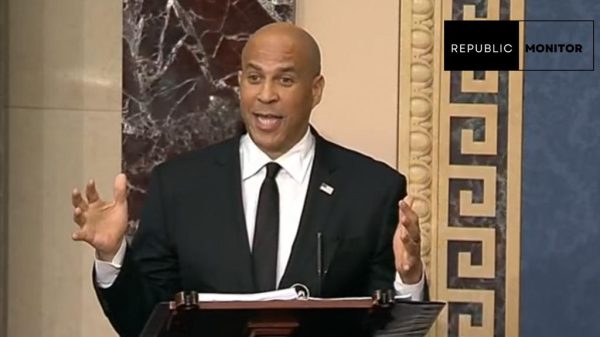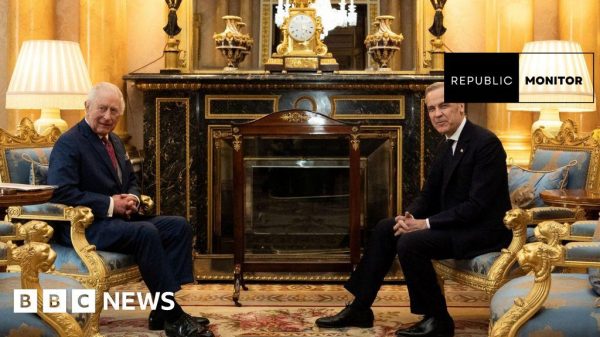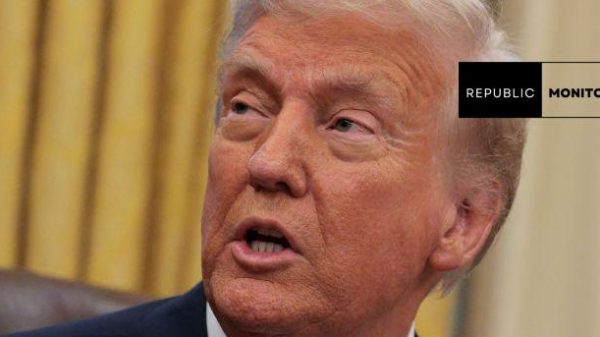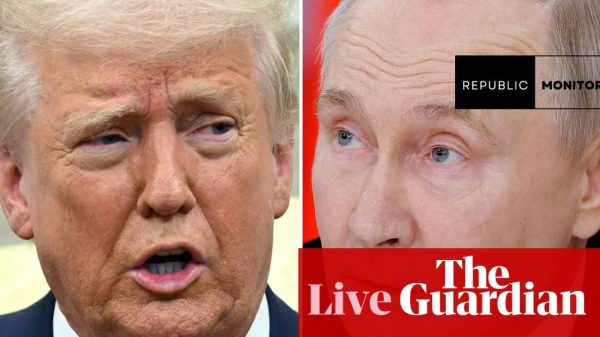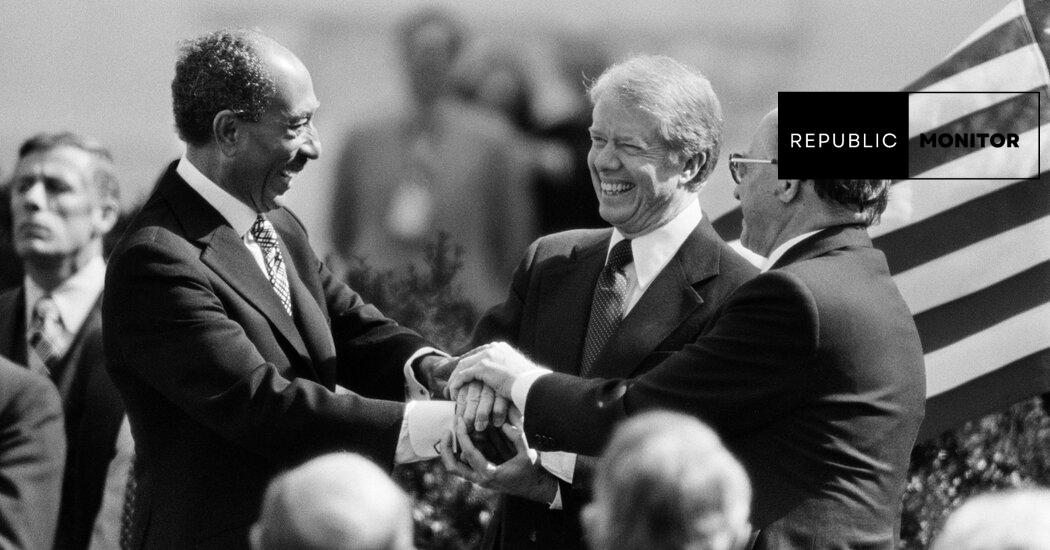Jimmy Carter, the 39th President of the United States, passed away on Sunday at the age of 100 in Plains, Georgia. Known for his unwavering commitment to peace, human rights, and diplomatic relations, Carter’s life has been a remarkable journey marked by both significant achievements and enormous challenges. From managing the Cold War to winning a Nobel Peace Prize, Jimmy Carter’s influence extended far beyond his four years in office below are key highlights of his legacy and impact.
A Fresh Start in Troubling Times
Jimmy Carter became president during a pivotal time in American history, taking office in 1977 as the nation was still recovering from the Watergate scandal and the turmoil of the Vietnam War. He aimed to offer a new vision of leadership that emphasized honesty and integrity. Faced with the challenges of the Cold War, he took steps to de-escalate tensions, ultimately prioritizing peace over conflict.
Major Foreign Policy Achievements
Throughout his presidency, Carter displayed remarkable diplomatic skills, achieving significant milestones, including:
- Negotiating the Camp David Accords in 1978, which brought peace between Egypt and Israel.
- Establishing diplomatic relations with China, ending years of isolation and fostering trade.
- Leading arms control talks with the Soviet Union which aimed to reduce nuclear weapons during the Cold War.
- Implementing the Panama Canal Treaty, which returned control of the canal to Panama.
Challenges at Home
Despite his successes on the global stage, Carter faced numerous challenges during his presidency. High inflation and energy crises led to a struggling economy, which affected the everyday lives of Americans. Furthermore, the Iran Hostage Crisis, where 52 Americans were held captive for 444 days, dominated headlines and significantly influenced his re-election hopes in 1980.
A Life Beyond the Presidency
After leaving office, Carter embraced a life of public service that cemented his reputation as a humanitarian. He founded the Carter Center, which works on global health initiatives, democracy promotion, and humanitarian efforts. His work earned him the Nobel Peace Prize in 2002 for his lifelong dedication to promoting peace and resolving conflicts.
Washington Prepares for His Funeral
As the nation mourns Carter’s passing, preparations are underway for his state funeral, which is set to take place on January 9th at the Washington National Cathedral. President Biden declared this day a National Day of Mourning, and flags will be flown at half-staff for thirty days in his honor. Public memorial services are also being organized in Atlanta and Washington, D.C., allowing people across the country to pay their respects.
Tributes from Leaders and Citizens Alike
Tributes from world leaders and citizens alike highlight the profound impact Carter had on the globe. Former Presidents, including Bill Clinton, George W. Bush, and Barack Obama, expressed admiration for his character and deep commitment to global humanitarian efforts. Many remember him as a genuine leader who dedicated his life to making the world a better place.
Looking Ahead: His Lasting Legacy
As we reflect on Jimmy Carter’s life, it’s clear that his legacy will endure. He showed us the importance of kindness, peace, and community service. His belief that “we must face a time of national austerity” resonates even today as we navigate various global challenges. Carter’s journey from Plains, Georgia, to the presidency serves as a reminder of the profound difference one person can make in the world.
| Milestones | Year |
|---|---|
| Inaugurated as President | 1977 |
| Camp David Accords | 1978 |
| Iran Hostage Crisis Begins | 1979 |
| Nobel Peace Prize Awarded | 2002 |
| Passed Away | 2024 |

